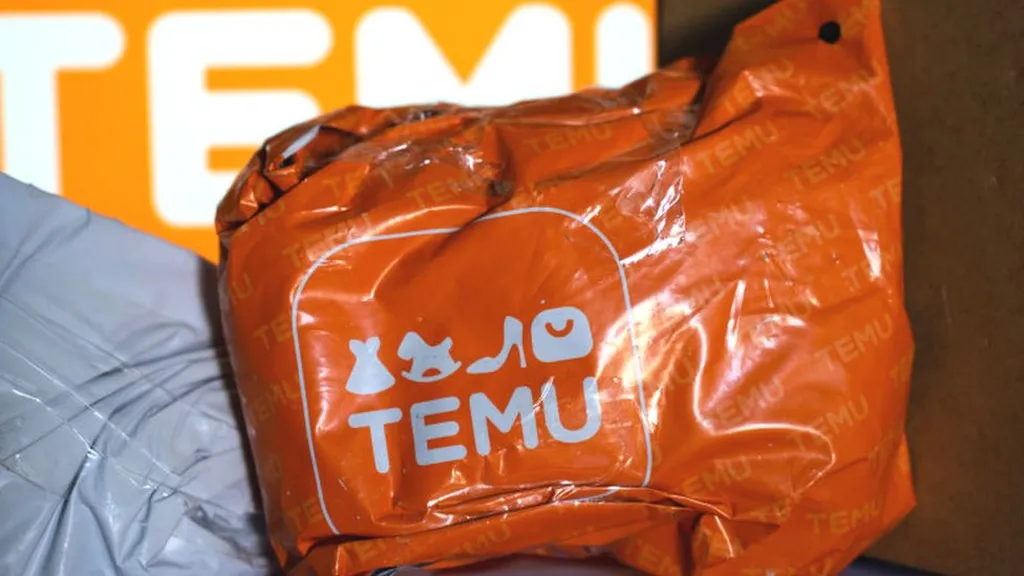A record 123 million Americans tuned into this year's Super Bowl.
But as well as getting the nation's biggest sporting event, a blockbuster halftime performance and several camera cutaways of Taylor Swift in the crowd, they also got six 30-second commercials for Temu – a Chinese-owned e-commerce company.
The shopping giant has been criticised by politicians in the UK and US – a US government investigation finding an “extremely high risk” that products sold on Temu could have been made with forced labour.
Temu says it “strictly prohibits” the use of forced, penal, or child labour by all its merchants. The company, which sells everything from clothes to electronics and furniture, first launched in the US in 2022 and later in the UK and the rest of the world.
Since then, it has consistently topped global app download charts, with just under 152 million Americans using it every month, according to data gathered by analyst SimilarWeb. It's “Amazon on steroids,” says retail analyst Neil Saunders, and with the tagline “shop like a billionaire” it has exploded in popularity, shipping to 49 countries worldwide.
TemuTemu spent close to $1.7bn on ads in 2023, according to SimilarWeb A typical 30-second Super Bowl commercial costs around $7m (£5.5m), during this year's event Temu had six of them.

“It's a lot of money for a very, short commercial,” Mr Saunders says.
“But it is seen by an enormous number of people and we know that after that commercial Temu's downloads spiked,” he adds.
SimilarWeb data suggests individual visitors to the platform worldwide were up by nearly a quarter on the day of the Super Bowl compared with the previous Sunday, with 8.2 million people browsing the website and app. In the same period, Amazon and Ebay's visitors were down by 5% and 2% respectively.
“They've also spent a lot of money on micro-marketing, persuading influencers to push products and to suggest buying things on the platform via social channels like TikTok and YouTube,” says Mr Saunders.
These influencers typically have fewer than 10,000 followers according to Ines Durand, an e-commerce expert at SimilarWeb.
“Micro-influencers have strong communities, so their endorsement means a strong trust towards these products,” she explains. Temu is owned by Chinese giant Pinduoduo – “a monster in Chinese e-commerce,” according to Shaun Rein, founder of the China Market Research Group.
“Throughout China, everyone buys products on Pinduoduo, from speakers to t-shirts or socks,” he says.
— CutC by bbc.com


